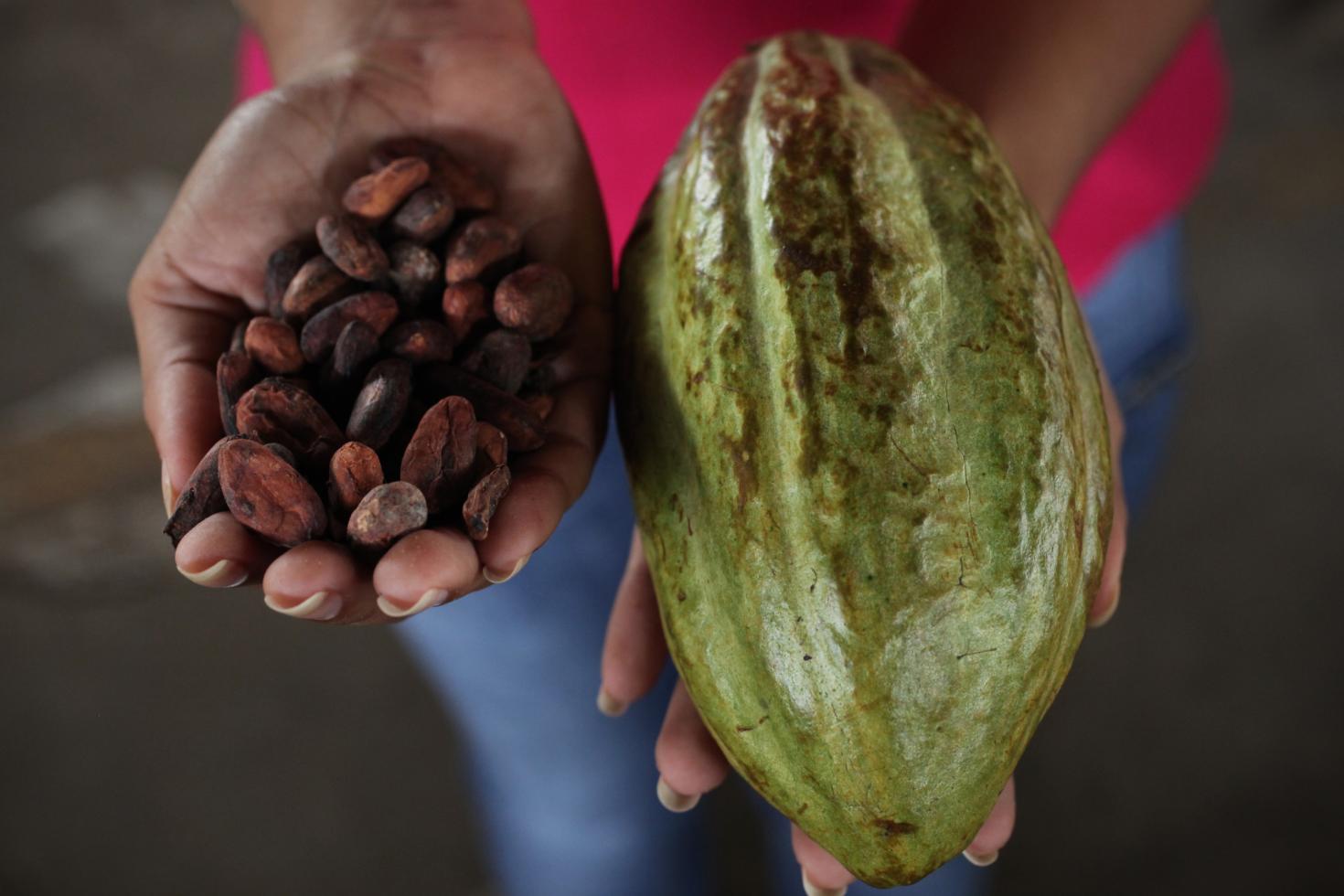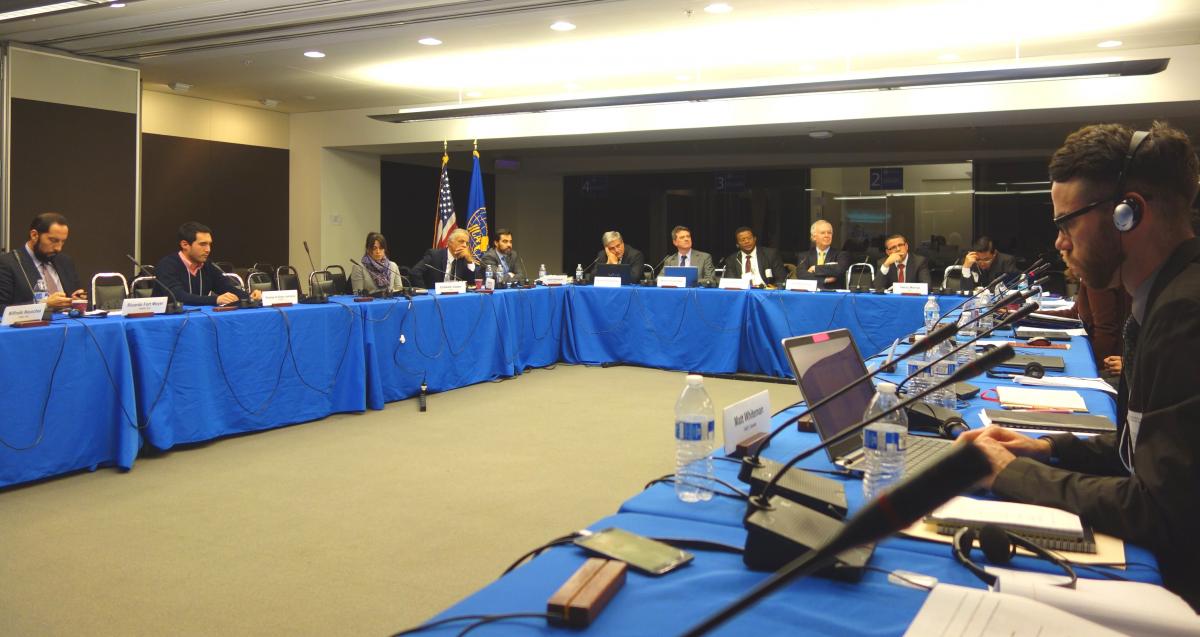IICA promotes financing and financial inclusion of agricultural chains in Latin America and the Caribbean
San José, 13 December 2016 (IICA). Close to thirty international specialists met in Washington, D.C., United States, to discuss the challenges and opportunities for financing agricultural value chains in the Latin American and Caribbean (LAC) region. The meeting was facilitated by the Inter-American Institute for Cooperation on Agriculture (IICA).

During the event, the participants analyzed the macroeconomic context for financing agricultural value chains in the region; opportunities and challenges for obtaining this benefit; conditions, determining and success factors, and outlook for the banking system; financing by non-banking financial institutions; financing among chain stakeholders; and public policies for improving inclusion.
Joaquín Arias, Policy and Sectoral Analysis Specialist at IICA, explained that the Institute would use the results of the workshop as input to prepare a proposal on public-private interventions designed to improve financing and financial inclusion in agricultural chains in LAC, a region whose economy is characterized by low credit penetration, which is even lower in the agricultural sector.
An analysis of agricultural chain financing was conducted for seven countries and six chains: vegetables in Argentina, flowers in Paraguay, beef in Uruguay, coffee in Peru, fruits in El Salvador, and cocoa in Colombia and Costa Rica.
The analysts agreed on the need to complement public financial policies with policies offering non-financial support to the sector. A significant challenge they identified is designing state policies that incorporate financial and non-financial policy instruments, do not distort market signals and promote public-private partnerships.
They also pointed to the need to develop better solvency conditions that promote financing within value chains and financing from external banking and non-banking sources, with the aim of increasing income and productivity while reducing risks.
“A key role of the public sector involves providing sufficient and quality information to improve scientifically-backed decision-making and adequately evaluate and manage risks, which, in turn, reduces financing costs,” stated Miguel García, IICA Representative in the United States.
The meeting participants agreed that, due to the fact that many ministries of agriculture have no jurisdiction over areas beyond the primary agricultural sector, it is important to promote inter-institutional coordination in order to achieve progress that benefits all links in the value chain.
The establishment of linkages between farmer organizations and companies throughout the value chain was highlighted as a good practice. According to research presented at the meeting, financing and income substantially increase when farmers are linked to companies in the value chain, but the impact doubles when farmers are connected, through farmer organizations, to companies in the areas of consumables, processing or marketing.

Production challenge
With respect to agricultural financing, farmers have access to very little information regarding available financial instruments. On the other hand, financial institutions have limited knowledge of the particularities of agricultural production and agribusiness; for example, they are unaware of the differences between various production systems or the life cycle of different animals and plants, and do not take these factors into account when designing financial products for the sector.
According to experts at the meeting, information in this field is non-existent, hard to obtain, or of poor quality, which hinders the ability to adequately evaluate risks involved in agriculture and agribusiness, a process that is necessary in order to reduce agricultural financing costs.
Case studies
The specialists identified several instruments that could be adopted in different countries and chains in the region, including investment funds in Uruguay and Colombia, public trusts in Argentina, and alternative, ethical and socially-conscious banks in Peru and other places, such as the Shared Interest Society, Oikocredit, Root Capital and Alterfin.
Additionally, they stated that guarantee funds could serve as a good complement, by connecting farmer organizations, banks, and importers or buyers; one such example is the Guarantee Fund for Latin America (FOGAL), which operates in several countries across the Andean region. Guarantee funds provide a number of benefits, given that they reduce interest rates, extend credit terms, establish relationships between farmers and banks, and reduce risk perceptions.
Another analysis focused on institutional developments such as the Development Banking System of Costa Rica and the adoption of financial products such as revolving funds, which provide greater flexibility to chain stakeholders.
On the other hand, the study on financing by non-banking financial institutions centered on the adoption of various products and mechanisms such as microcredits, agricultural cooperatives, and investment funds.
More information: joaquin.arias@iica.int or visit Workshop Challenges and opportunities for financing agricultural value chains in Latin America